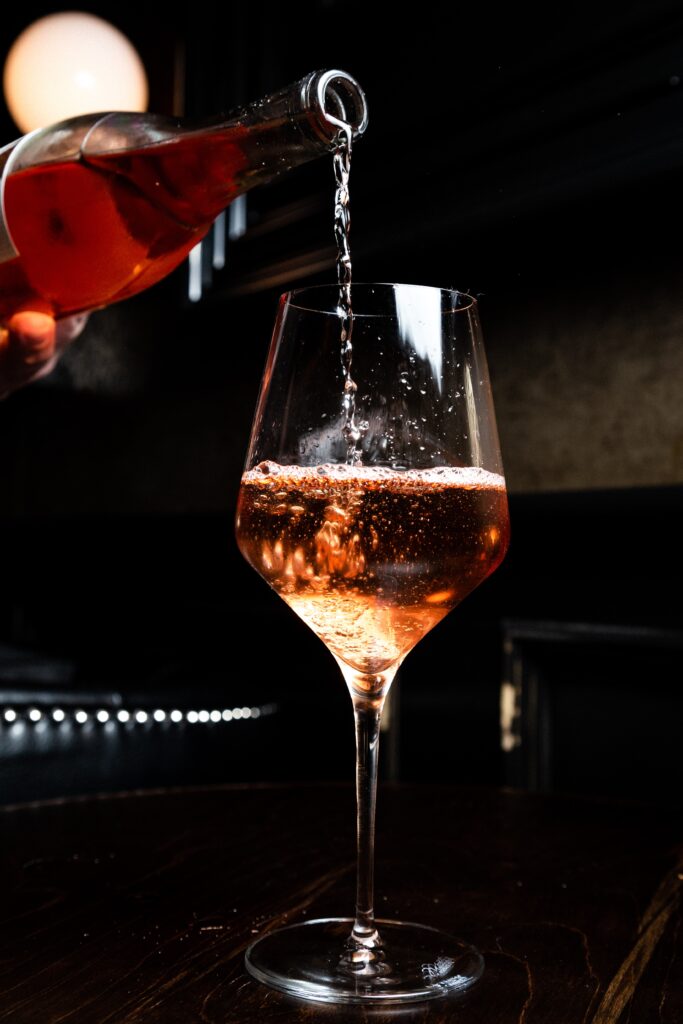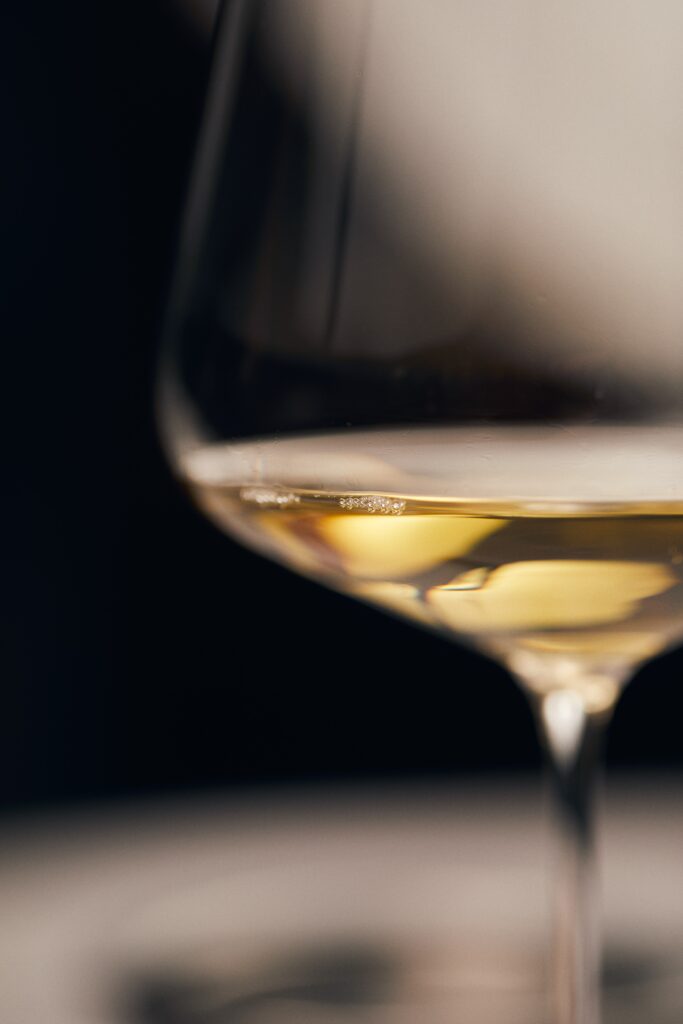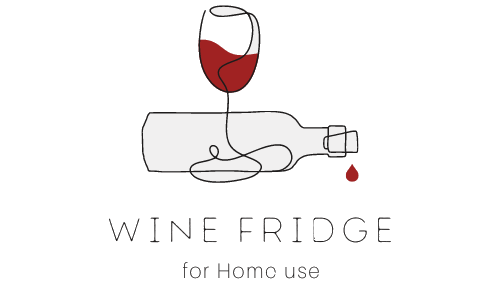You may have wondered if it’s possible to store non-alcoholic beverages in a wine fridge. The answer is yes! While wine fridges are specifically designed to maintain the optimal temperature and humidity for storing wine, they can also be used to store other types of beverages. In this article, we will explore why using a wine fridge for non-alcoholic drinks can be a practical and convenient option for keeping them fresh and cool.

Understanding the Purpose of Wine Fridges
The primary function of wine fridges
Wine fridges, also known as wine coolers or wine refrigerators, are designed specifically for the storage and preservation of wine. They are different from standard refrigerators in that they have specific features and settings tailored to meet the unique needs of wine. The primary function of a wine fridge is to maintain the ideal storage conditions for wine, including the right temperature, humidity, and stability.
Differentiating wine fridges from standard refrigerators
While standard refrigerators can often be used to store wine, they do not provide the same level of control over temperature and humidity as wine fridges. Standard refrigerators are designed for general food storage and cooling, with temperatures typically ranging from around 35°F to 45°F (2°C to 7°C). This range is lower than the ideal temperature for storing wine, which is generally recommended to be between 45°F and 65°F (7°C and 18°C). Additionally, standard refrigerators may not provide adequate humidity control, which is crucial for preserving wine.
The Design Features of Wine Fridges
Humidity control in wine fridges
One of the key design features of wine fridges is the ability to control humidity levels. Unlike standard refrigerators, wine fridges maintain a higher humidity level, usually between 50% and 70%. This is important for preserving the integrity of the wine corks, as low humidity can cause them to dry out and potentially lead to spoilage or oxidation. By maintaining the proper humidity level, wine fridges help ensure that the corks remain moist and airtight, safeguarding the quality and taste of the wine.
Temperature zones in wine fridges
Another important design feature of wine fridges is the presence of multiple temperature zones. Many wine fridges are equipped with dual or triple temperature zones, allowing you to store different types of wine at their respective ideal temperatures. This is important because different types of wine, such as red, white, and sparkling, require specific temperature ranges to maintain their optimal flavors and aromas. By having separate temperature zones, wine fridges provide the flexibility to store and serve different types of wine simultaneously, without compromising the quality of each.
Shelving structures of wine fridges
The shelving structures of wine fridges are also specially designed to accommodate wine bottles. The shelves are typically made of durable materials such as wooden racks or metal wire grids, which are designed to securely hold the bottles in a horizontal position. Storing wine horizontally helps keep the cork in contact with the wine, preventing it from drying out and allowing for proper aging. Some wine fridges also feature adjustable or removable shelves, allowing you to customize the storage configuration to fit larger or irregularly shaped bottles.
Effects of Temperature on Non-Alcoholic Beverages
How temperature impacts the quality of non-alcoholic drinks
Just as temperature plays a vital role in preserving the quality of wine, it also affects the taste and quality of non-alcoholic beverages. Different types of non-alcoholic drinks, such as soda, juice, and sparkling water, have specific temperature requirements to maintain their desired characteristics. For example, soda and carbonated beverages are typically served chilled, as colder temperatures enhance carbonation and provide a refreshing experience. On the other hand, some juices may be best enjoyed at room temperature to allow their flavors to fully develop.
Ideal storage temperatures for different types of non-alcoholic beverages
While the ideal storage temperatures for non-alcoholic beverages may vary depending on the specific type, there are some general guidelines to keep in mind. As a rule of thumb, most non-alcoholic drinks can be stored safely in a temperature range similar to that of wine, between 45°F and 65°F (7°C and 18°C). However, it’s important to consult the packaging or manufacturer’s instructions for specific temperature recommendations. Storing beverages at excessively high or low temperatures could result in flavor degradation, loss of carbonation, or overall deterioration of the drink’s quality.
Impact of Humidity on Non-Alcoholic Beverages
The importance of humidity control for non-alcoholic beverages
While humidity control is crucial for preserving the quality of wine, it may not have the same level of significance for non-alcoholic beverages. Most non-alcoholic drinks, such as soda, juice, and water, do not require high humidity levels like wine does. However, excessively low humidity could potentially affect the packaging integrity or cause labels to peel off on some beverage containers.
Consequences of high or low humidity on non-alcoholic beverages
High humidity levels in storage environments can lead to condensation, which may affect the packaging materials and cause label damage or deterioration. On the other hand, low humidity levels can result in moisture loss from the beverage containers, potentially affecting the taste or quality of the drinks. While non-alcoholic beverages are generally less sensitive to humidity than wine, it’s still important to maintain moderate humidity levels to ensure the overall integrity and presentation of the drinks.

Suitability of Wine Fridges for Non-Alcoholic Beverages
Types of non-alcoholic beverages suitable for wine fridge storage
While wine fridges are primarily designed for storing wine, they can also be used to store certain types of non-alcoholic beverages. Bottled juices, sports drinks, flavored waters, and other sealed beverages can be safely stored in a wine fridge, benefiting from the consistent temperature and humidity control it provides. However, it’s important to note that highly carbonated drinks or those in plastic bottles may not be suitable for wine fridges, as the carbonation may react with the temperature and pressure in the confined space, potentially causing leakage or loss of fizz.
Specific considerations for storing non-alcoholic beverages in a wine fridge
When storing non-alcoholic beverages in a wine fridge, it’s essential to consider the specific temperature requirements of each drink. Adjust the temperature zones in the wine fridge accordingly to ensure that the beverages are stored at their recommended temperatures. Additionally, be mindful of the available space and capacity of the wine fridge, as the shelves and compartments may be optimized for wine bottles rather than larger or differently shaped beverage containers. Organizing the beverages in an orderly manner can help maximize the storage space and ensure easy access to your favorite drinks.
Potential Drawbacks of Storing Non-Alcoholic Beverages in a Wine Fridge
Limitations in capacity and space
One potential drawback of storing non-alcoholic beverages in a wine fridge is the limited capacity and space. Wine fridges are primarily designed to accommodate wine bottles, which typically have a standard size and shape. Larger or differently shaped beverage containers may not fit as efficiently in the available storage compartments of the wine fridge, reducing its overall capacity. If you have a large collection of non-alcoholic beverages or frequently host gatherings where a variety of drinks are served, you may find the limited space of a wine fridge to be restrictive.
Impact on energy efficiency
Since wine fridges are designed to maintain precise temperature and humidity levels, they may consume more energy compared to standard refrigerators. This is because the specialized features and settings of wine fridges require more power to regulate and sustain the ideal storage conditions. Storing non-alcoholic beverages in a wine fridge could potentially result in higher energy consumption, which may impact your energy bills. It’s important to consider the energy efficiency of the wine fridge and the potential increase in energy consumption before using it solely for non-alcoholic beverages.
Potential effect on the taste or quality
While wine fridges can provide suitable storage conditions for certain non-alcoholic beverages, it’s worth considering whether the taste or quality of the drinks may be affected. Some beverages, especially those with delicate flavors or carbonation, may be sensitive to temperature fluctuations or prolonged storage in a chilled environment. Before storing non-alcoholic drinks in a wine fridge, consider whether the specific characteristics of the beverages may be altered or compromised by the storage conditions. Always follow the manufacturer’s recommendations to ensure the best taste and quality of your favorite drinks.

Alternative Storage Options for Non-Alcoholic Beverages
Using standard refrigerators for beverages
If you have sufficient space in your standard refrigerator, it can be a convenient and practical option for storing non-alcoholic beverages. This allows you to utilize the existing storage capacity, without the need for additional appliances. However, keep in mind that standard refrigerators may not provide the same level of temperature control or humidity management as dedicated wine fridges.
Pros and cons of beverage coolers
Beverage coolers, also known as beverage centers or drink refrigerators, are another alternative for storing non-alcoholic beverages. These appliances are specifically designed to store and cool drinks, offering temperature control and convenience. Beverage coolers often come with adjustable shelves and compartments optimized for various sizes and shapes of beverage containers. However, they may not provide the same level of humidity control as wine fridges.
Considerations for room-temperature storage
If you have limited storage options or prefer your non-alcoholic beverages at room temperature, it is certainly possible to store them in a cool, dry place. Room-temperature storage is suitable for many non-alcoholic drinks, such as canned sodas, bottled juices, or unopened water bottles. However, it’s important to avoid storing them in direct sunlight or near heat sources, as excessive heat can impact the taste and quality of the beverages. Additionally, be mindful of the shelf life and expiration dates of the drinks, as room-temperature storage may accelerate spoilage over time.
Making the Final Decision: Should You Store Non-Alcoholic Beverages in a Wine Fridge?
Weighing the pros and cons
In the end, the decision to store non-alcoholic beverages in a wine fridge depends on your personal preferences and storage needs. Consider the pros and cons of using a wine fridge, such as the temperature and humidity control, limited capacity, energy efficiency, and potential impact on taste or quality. Review the specific requirements of your favorite non-alcoholic beverages and determine if they can safely and effectively be stored in a wine fridge.
Factors to consider before making a decision
Before making a final decision, there are a few key factors to consider. Firstly, assess the available space and capacity of your wine fridge, and determine if it can accommodate your desired collection of non-alcoholic beverages. Secondly, take into account the specific temperature requirements of the beverages you plan to store, and ensure that the wine fridge can adequately maintain the recommended temperatures. Lastly, assess the potential impact on energy consumption and consider whether the convenience and benefits of using a wine fridge outweigh the potential drawbacks.
Conclusion based on research and expert opinions
Based on extensive research and expert opinions, it can be concluded that while wine fridges are primarily designed for wine storage, they can be suitable for storing certain types of non-alcoholic beverages. The temperature and humidity control provided by wine fridges can help preserve the quality and taste of beverages, especially those with specific temperature requirements. However, it’s important to consider the limitations in capacity, potential impact on energy efficiency, and the potential effect on the taste or quality of the drinks. Ultimately, the choice between storing non-alcoholic beverages in a wine fridge, standard refrigerator, beverage cooler, or at room temperature depends on personal preferences, available storage options, and specific beverage requirements.
